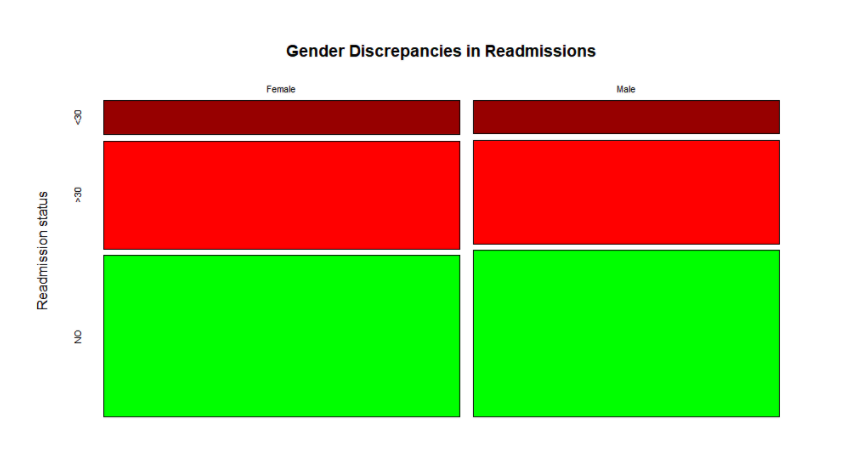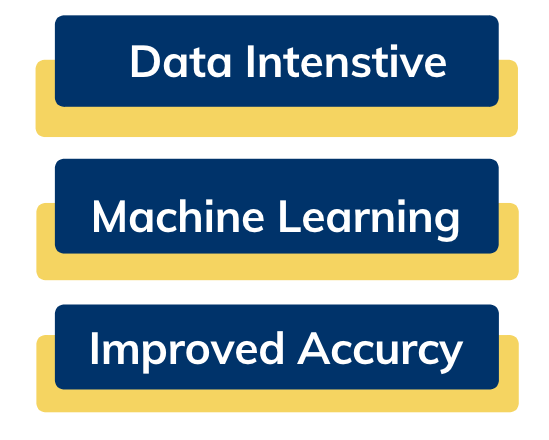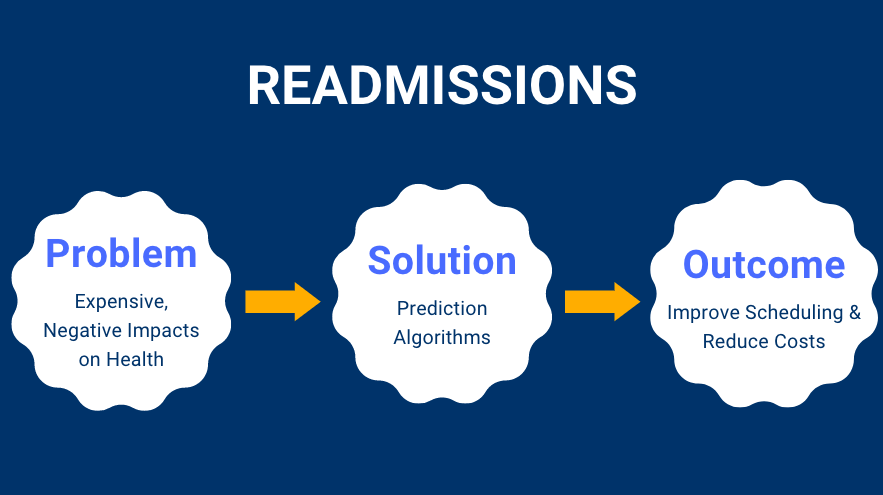Learn more about Devin and his project in Diabetic Readmissions on Demographic and Individual level and how he explores the challenges and solutions involved in Diabetic Readmissions!

Devin Kestell
Introduction to the Case Project
Readmissions are a symptom of poor disease management. They are also are expensive, difficult for scheduling and can negatively impact health. They are especially common among chronic diseases such as diabetes. If we can develop algorithms to better predict readmissions, we can improve scheduling and reduce cost.

Issue and Problem at Hand
To tackle this issue, we first approached it from a demographic/5,000 foot view. With only general demographic data and basic medical data, we can predict admission rates among populations. This approach offered some success and will be helpful for general planning. For example, as this population ages how do we expect readmission rates to change. This model offered some increases in predictive power but increasing the granularity should improve model accuracy.

Next Steps?

Our next steps are going to involve more data intensive, granular approaches. This coming semester, I plan to fit several machine learning models to the existing data while including new variables such as which drugs they are taking, if the dosing changed, etc. While this will increase the data demands, the accuracy of the model will also drastically increase.
Stay tuned to hear more updates about Devin’s project as he goes through the developmental process of innovation!
Students like Devin will be able to showcase their insights at the end of the semester!
The Showcase is a great opportunity to:



